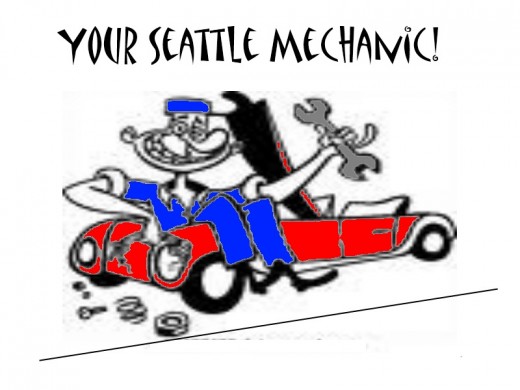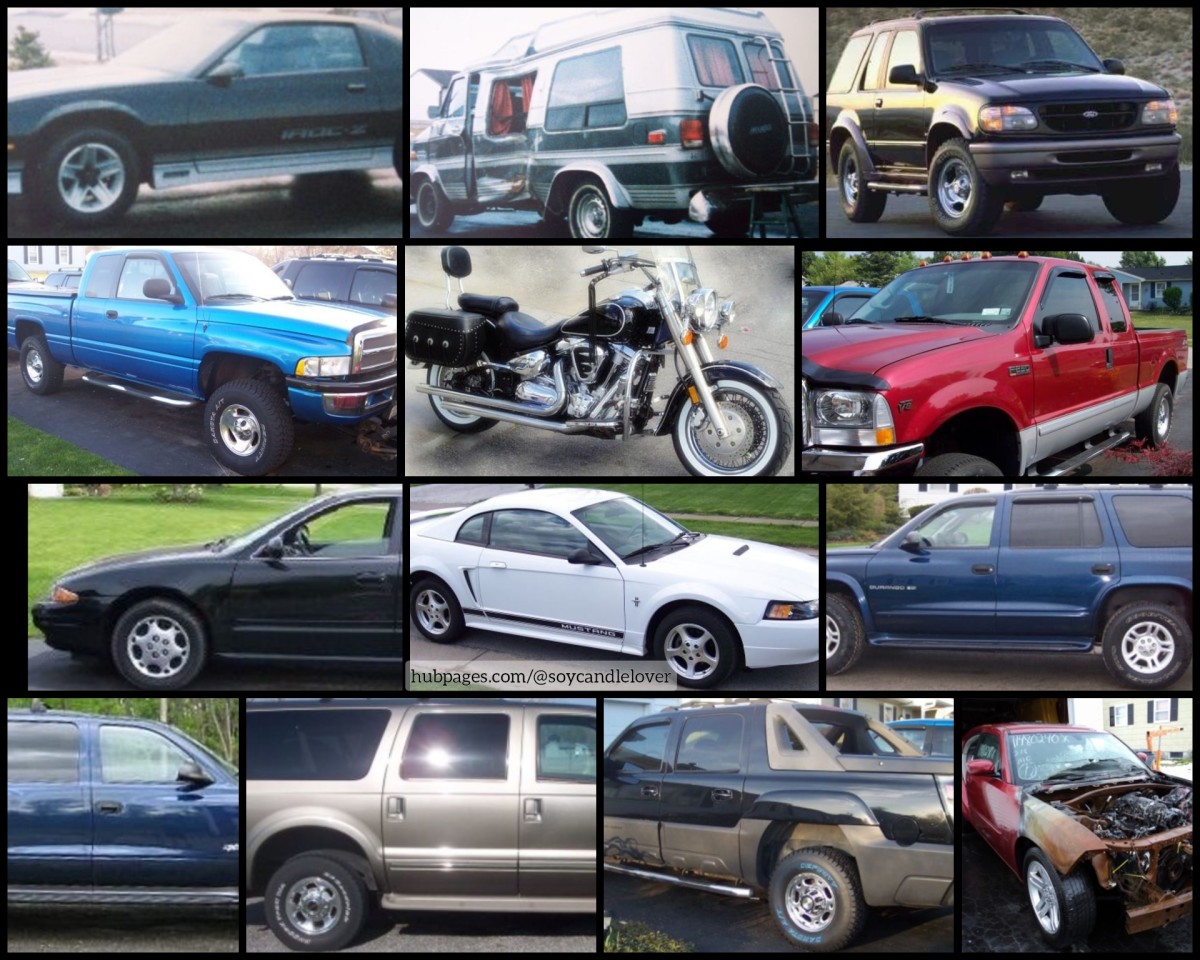Picking a Used Vehicle to Resell

One of my most successful businesses has been my home mechanics business, which truthfully, started out with me just buying a few vehicles to fix up and resell for a bit of quick cash. I've always enjoyed working on older cars, especially domestic American classics, and I also love to bargain shop and barter whenever I can.
Over the years I've learned what to look for in a used vehicle that you plan to resell, and what to avoid, and since you're here, I'll assume you'd like to learn the tricks of the trade as well. Just make sure you check your local and state laws for reselling cars, since everywhere is different. Here in Seattle you can buy and resell up to 6 vehicles per year without needing any special licenses or insurance.
Step 1: Do Your Research
Before you rush out and buy any old car or vehicle to resell, you will want to do your research about what's going on in your local market lately. This way you can avoid buying a car that is highly undesirable, even if it's in the best condition. Likewise, you'll also be better able to spot which vehicles will bring in the most revenue, sometimes regardless of their overall condition.
What you need to research:
-Which vehicles are the most reliable (I've generally found that vehicles made before 1980 are more reliable than later models.)
-Which vehicles are the most unreliable? (Hands down, vehicles made between the years of 1982 and 1992, are usually the most unreliable vehicles. Only rarely is there an exception to this rule.)
-Which vehicles are the most cost efficient on parts (you don't want to buy a vehicle that costs an arm and a leg to buy parts for)
-Which vehicles have hard to find parts (Trust me, you don't want to buy into a 1975 Mercedes unless you just so happen to manufacture the parts yourself. While it's a very cool car, the parts are very hard to find and difficult to change due to specialized tools.)
-Which vehicles are the most gas efficient
-Which vehicles are the most popular in general (in your area)
-Which vehicles gain or lose popularity in different seasons (i.e. 4x4 vehicles are usually more popular in the summer, while just as useful in the winter. They are generally cheaper in the fall and spring time.)
-What cities are people selling the most used vehicles from?
-What cities appear to be buying or looking for the most used vehicles?
Step 2: Know Your Skills & Resources
In order to buy a used vehicle to resell, you'll need to either have the money to pay someone to repair or upgrade the vehicle, or have the skills to upgrade or repair the vehicle yourself. If you have neither of these resources, you might want to reconsider the whole buy/resell project.
Some other skills and resources that are very useful in this situation:
-Knowing how to do a pre-buy inspection
-Understanding human body language and non-verbal communication
-Decent negotiation skills
-The capability to tow a vehicle (tow truck, tow dolly, tow rope, etc...)
Step 3: Base Cost + Labor + Repair Costs - Resell Value = ???
In order to actually make money on a used car that you've purchased to resell, you need to make sure you spend more time or money on the vehicle then it's worth to sell. I've seen it happen all to often, and even done it a few times myself. You pick up a used vehicle that you intend to only put two or three hundred dollars into, but then find out that the value of the vehicle is less than you would have to spend to get it in decent condition, or it will take you more time to repair the vehicle then it would to transfer the title (12-14 weeks).
So in order to avoid this, you'll want to do your research on the true private sellers value of a vehicle and then do a bit of math. Take the price that you paid for the vehicle (Base Cost), figure out how much time it would take you to repair the vehicle or have it repaired and then add the cost of that labor to your base cost. Then add in the cost of the new or used parts and then subtract the true value of the vehicle. This will give you an estimation of how much you might be able to make on the vehicle you are reselling.
Step 4: Have a Plan B and C
There are plenty of times when reselling a vehicle just won't work out and the last thing you want is to have this extra vehicle sitting around in your yard wasting space. Sure you could choose to drive it, but that kind of defeats the purpose. So you'll want a plan B and C. My plan B is usually to part out the vehicle, then scrap the left overs, and plan C is simply to have the vehicle junked. Plan C is a tough one though, especially with all the time and energy you've put into the vehicle already. Though it's much more worth it to get it out of your hair and learn from the lesson, then to hold onto it simply because you don't want to give up on it.





